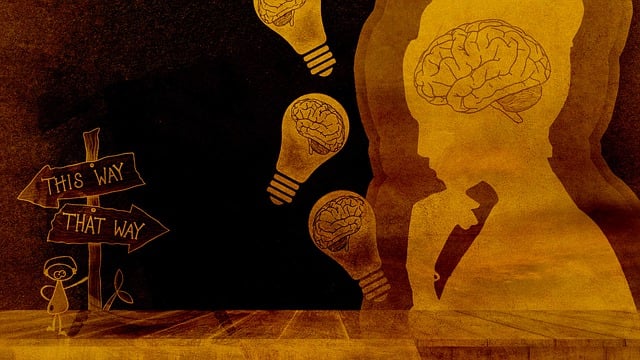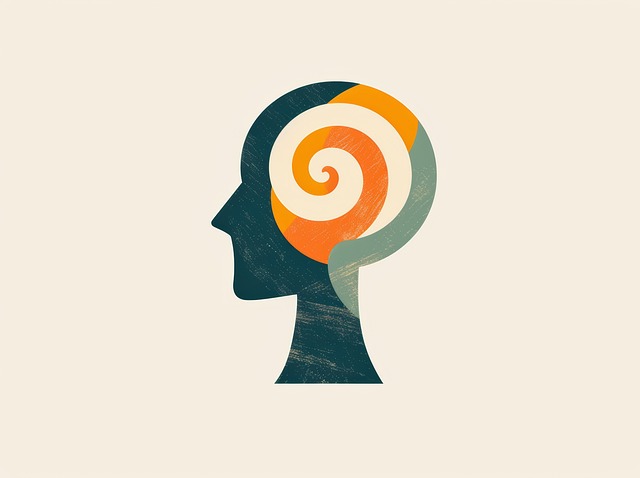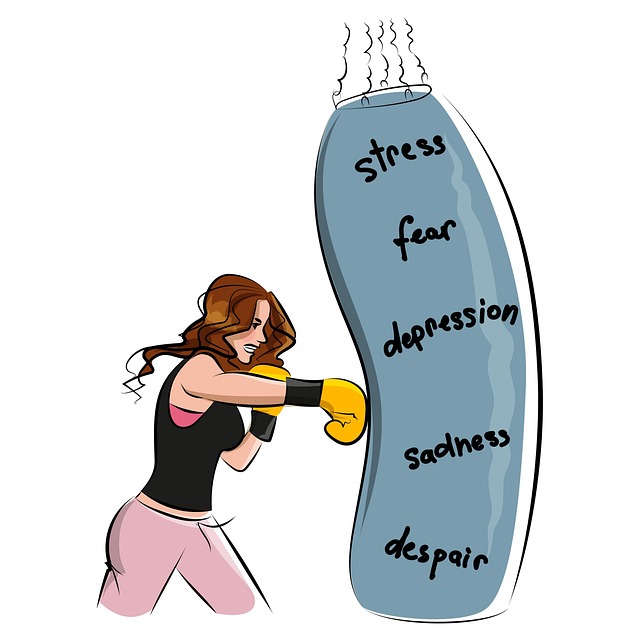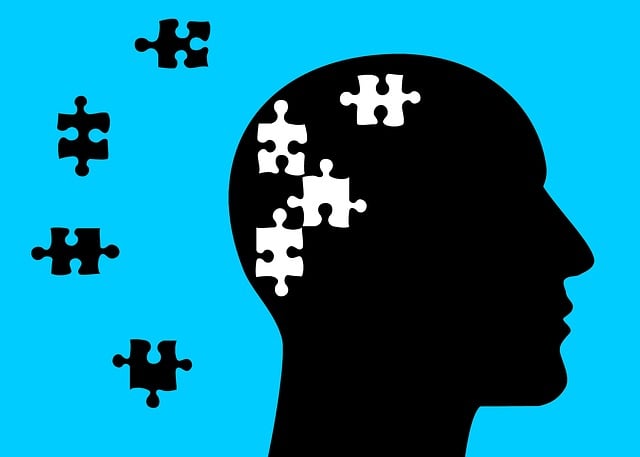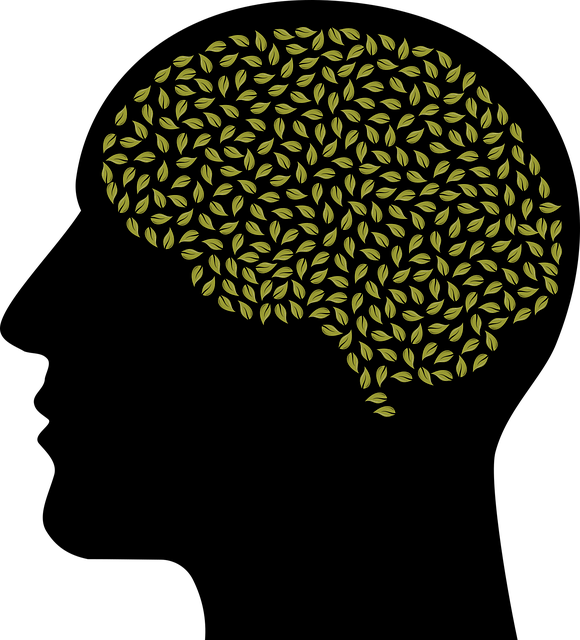Mental illness stigma within families creates complex challenges for young adults. Therapy for Young Adults and family counseling offer safe spaces through therapy sessions, fostering empathy, dispel myths, and reduce stigma. These approaches enhance communication skills, promote emotional well-being, and encourage open dialogue, vital for navigating mental health journeys. By addressing unique pressures like academic stress and identity formation, this collaborative approach equips individuals with coping mechanisms, boosts confidence, and promotes early help-seeking, ultimately improving long-term mental well-being.
Mental illness stigma remains a pervasive barrier to treatment and recovery. This article explores targeted efforts to reduce this societal scourge, focusing on unique perspectives and evidence-based strategies. We delve into “Understanding the Stigma Surrounding Mental Illness” from a family perspective, examine “The Role of Therapy in Young Adults,” and uncover “Effective Strategies for Reducing Stigma.” For families seeking guidance and young adults considering therapy, these insights offer hope and direction through comprehensive counseling approaches.
- Understanding the Stigma Surrounding Mental Illness: A Family Perspective
- The Role of Therapy in Young Adults: Breaking Down Barriers
- Effective Strategies for Reducing Stigma: A Comprehensive Approach to Counseling
Understanding the Stigma Surrounding Mental Illness: A Family Perspective

Mental illness stigma often stems from a lack of understanding and misperceptions within families. When a young adult struggles with their mental health, it can create a complex web of emotions and challenges for all involved. Family counseling offers a safe space to navigate these complexities. Through therapy sessions, families learn about the nuances of mental illness, fostering empathy and compassion. This shift in perspective helps dispel myths and reduces the stigma associated with seeking help.
By engaging in compassionate cultivation practices and emotional intelligence exercises, family members develop effective communication skills and emotional well-being promotion techniques. They learn to recognize and support each other’s unique needs, creating a nurturing environment that encourages open dialogue. This supportive system is vital for young adults as they navigate their mental health journey, ultimately reducing the barriers that stigma presents.
The Role of Therapy in Young Adults: Breaking Down Barriers

For young adults grappling with mental illness, therapy offers a lifeline, providing a safe space to explore complex emotions and challenges. Beyond treating symptoms, therapy empowers individuals to develop coping mechanisms, build resilience, and foster better relationships—all essential components in breaking down the barriers associated with mental health issues. Many young adults face unique obstacles, such as academic pressures, identity formation, and navigating social dynamics, which can exacerbate existing conditions like depression or anxiety.
Family counseling plays a pivotal role here, offering support systems that can significantly impact recovery. By involving family members, therapy sessions facilitate open communication about mental illness, reducing stigma and promoting understanding. This collaborative approach not only strengthens familial bonds but also equips families with the skills to provide effective care, enhancing the overall effectiveness of depression prevention efforts and mental health education programs designed for young adults. Additionally, confidence-boosting techniques within therapy help young adults navigate social situations with newfound assurance, encouraging them to seek help early and maintain their mental well-being in the long term.
Effective Strategies for Reducing Stigma: A Comprehensive Approach to Counseling

Mental illness stigma reduction requires a comprehensive approach, and counseling plays a pivotal role in this effort. Effective strategies involve a blend of individual therapy for young adults and family counseling sessions. Individual therapy helps clients explore their personal experiences, develop coping mechanisms, and enhance self-esteem—crucial elements in breaking down internalized stigma. Family counseling, on the other hand, addresses the impact of mental illness on interpersonal relationships, fostering understanding and support systems within families.
Integrating cultural sensitivity in mental healthcare practice is essential for these counseling sessions. Understanding and respecting diverse cultural perspectives enables counselors to create safe spaces that resonate with clients from various backgrounds. Additionally, risk assessment for mental health professionals is a vital component to ensure the well-being of both practitioners and their clients, thereby facilitating a more effective and secure counseling environment conducive to stigma reduction.
Mental illness stigma reduction is a multifaceted process that involves understanding, education, and supportive interventions. By examining personal narratives, such as those shared from a family perspective, we can gain insights into the deep-rooted nature of this issue. Implementing effective strategies like comprehensive counseling and breaking down barriers to therapy for young adults are key steps towards creating a more inclusive society. Through family counseling and accessible therapy, we can foster empathy, challenge stereotypes, and ultimately reduce the stigma surrounding mental health, ensuring better support and care for all.




